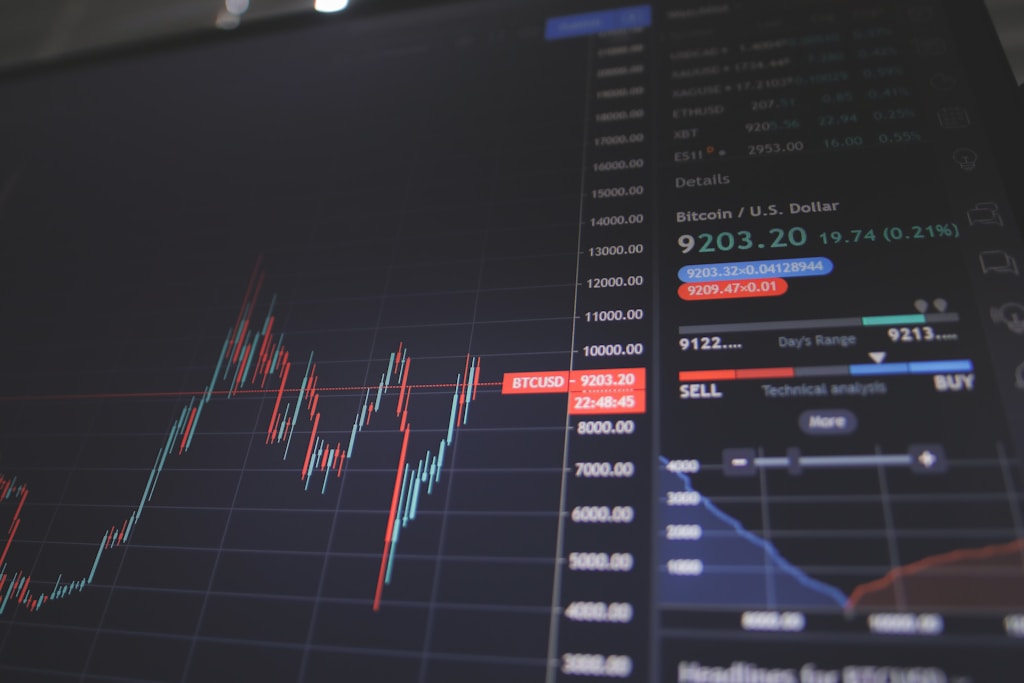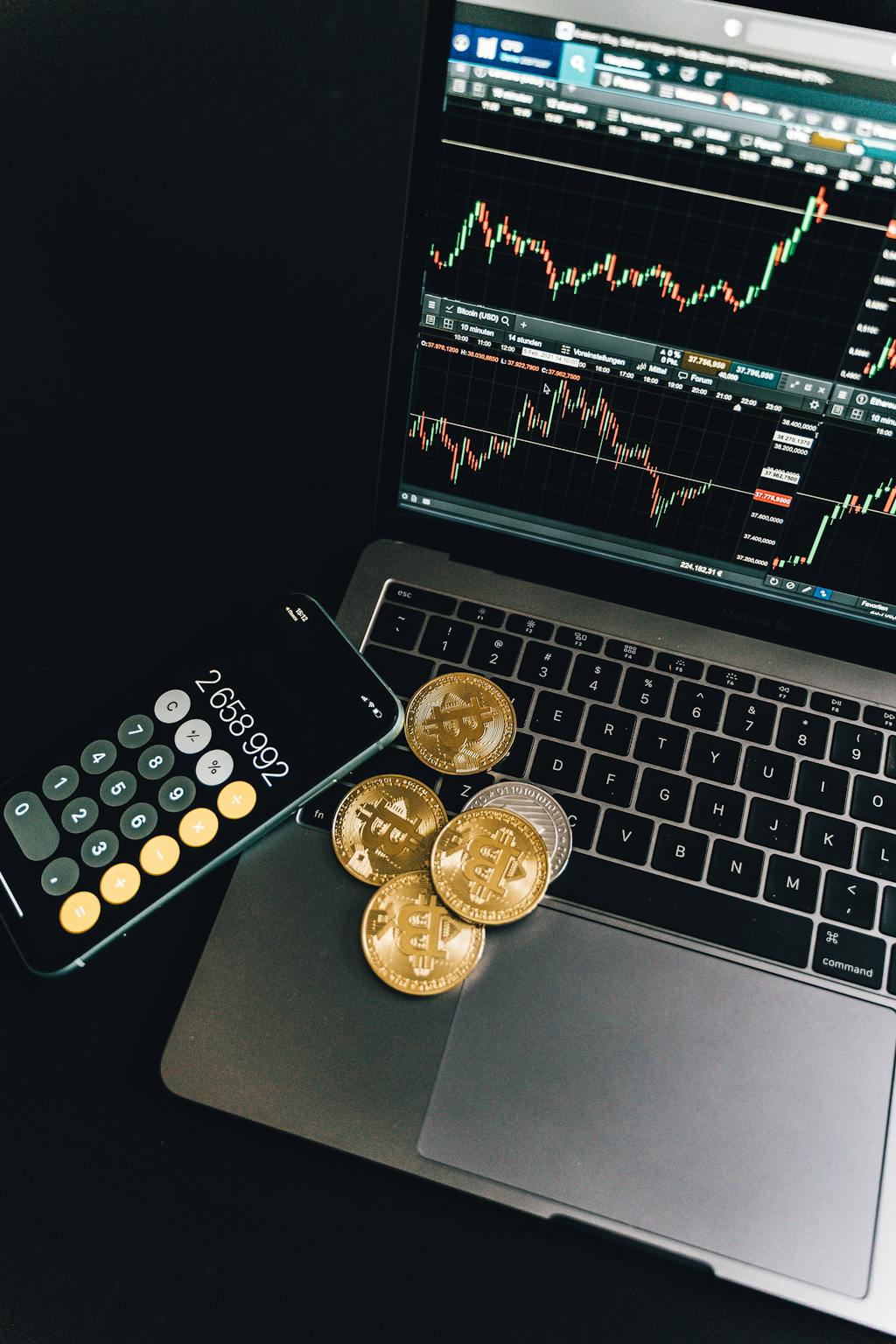A major cryptocurrency money laundering case has sent shockwaves through the digital asset industry as federal prosecutors in Brooklyn unveiled charges against Iurii Gugnin, founder of a US-based crypto payments company, for allegedly orchestrating a sophisticated $530 million money laundering operation. This development comes amid increased regulatory scrutiny of crypto transactions and highlights the ongoing challenges of compliance in the digital asset space.
Key Details of the Crypto Money Laundering Case
The 38-year-old Russian national, who resided in Manhattan, faces a 22-count indictment including:
- Wire and bank fraud charges
- US sanctions violations
- Money laundering offenses
- Failure to implement required anti-money laundering protocols
The Operational Structure of the Alleged Scheme
According to court documents, Gugnin utilized two primary business entities:
- Evita Investments
- Evita Pay
These companies allegedly processed payments while deliberately obscuring the true nature and origin of funds. The operation primarily used Tether’s USDT stablecoin to move funds between June 2023 and January 2025.
Sanctioned Entities Involved
The investigation revealed connections to several sanctioned Russian institutions:
- Sberbank
- VTB Bank
- Sovcombank
- Tinkoff
- Rosatom (state-owned nuclear energy firm)
Sophisticated Concealment Techniques
The prosecution detailed several methods used to hide the illegal activities:
- Business nature misrepresentation
- Falsified compliance documentation
- Shell account networks
- Digital manipulation of over 80 invoices
- Removal of Russian counterparty identities
Legal Implications and Potential Consequences
The severity of the charges carries significant penalties:
- 30-year maximum sentence for bank fraud alone
- Potential lifetime imprisonment if convicted on all counts
- Additional penalties for sanctions violations
Impact on Crypto Industry Compliance
This case underscores the critical importance of robust compliance measures in the cryptocurrency industry and may lead to increased scrutiny of crypto payment processors. The investigation highlights the growing sophistication of law enforcement in tracking digital asset movements and identifying suspicious patterns.
FAQ Section
What is the total amount involved in the alleged money laundering scheme?
The scheme allegedly involved over $530 million in laundered funds through various financial channels.
What are the maximum penalties for these charges?
The bank fraud charges alone carry a maximum sentence of 30 years, with additional consecutive sentences possible for other charges.
Which cryptocurrency was primarily used in the scheme?
Tether’s USDT stablecoin was the primary cryptocurrency used to facilitate the alleged money laundering operation.
What impact might this case have on crypto regulations?
This case could lead to stricter enforcement of existing regulations and potentially new compliance requirements for crypto payment processors.





